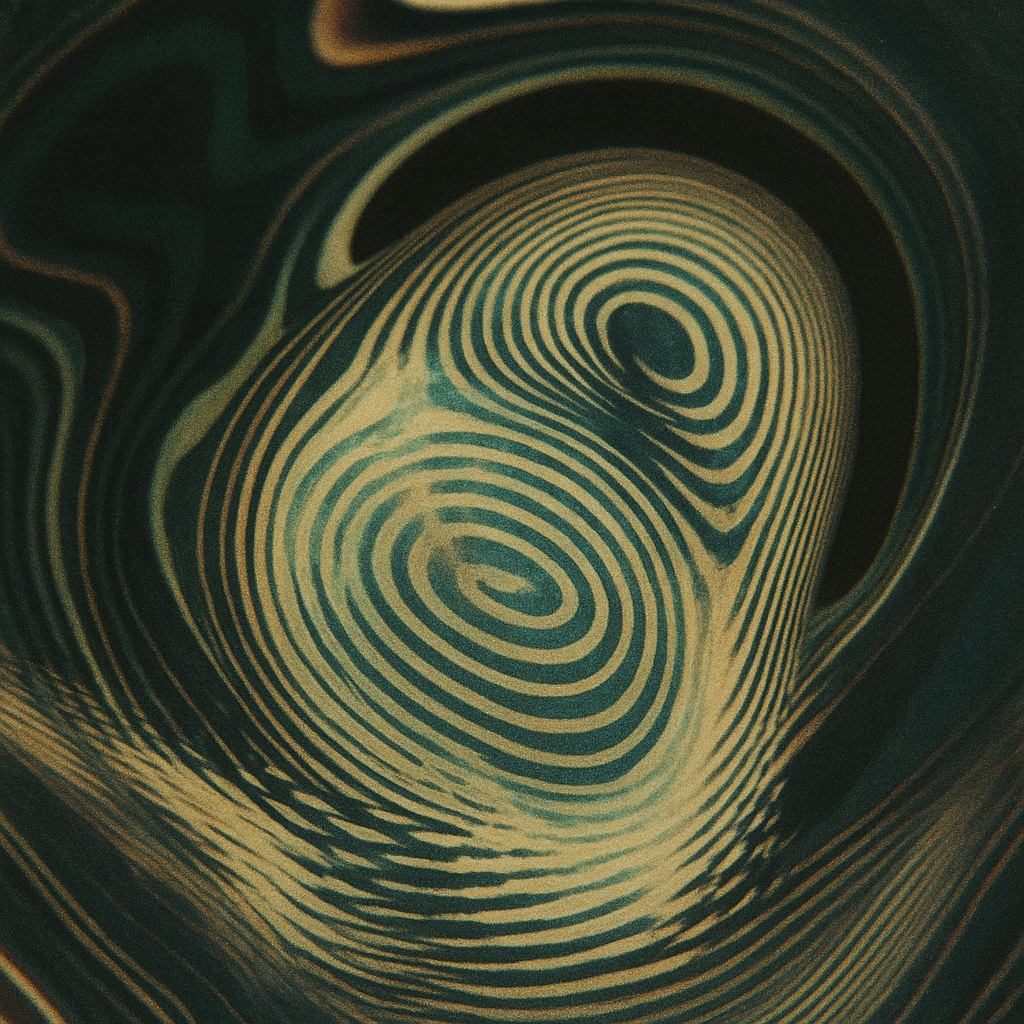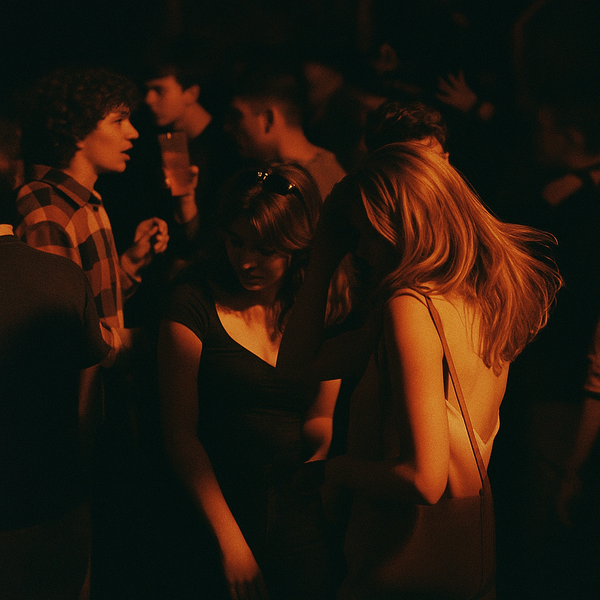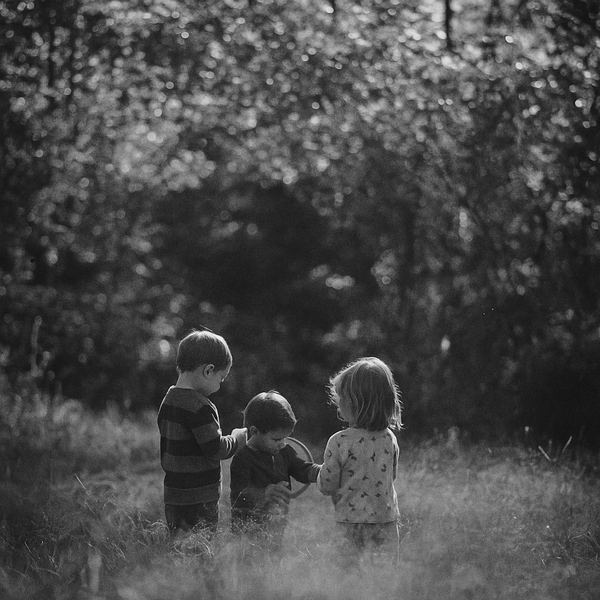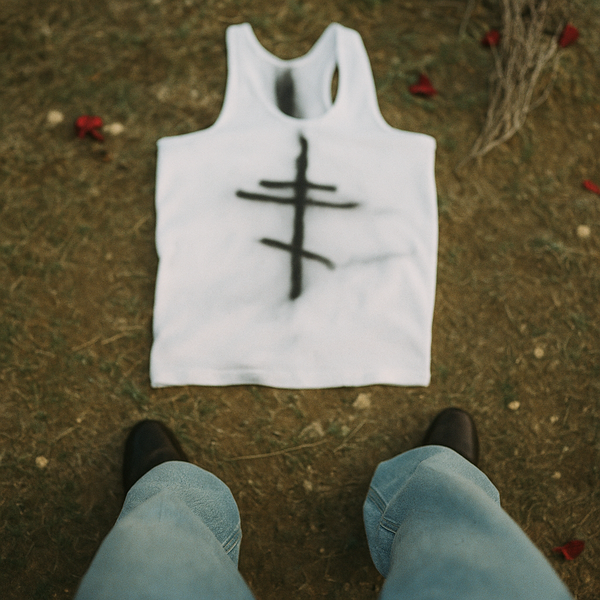Social Media's Got Talent: Are We All in the Wrong Reality Show?

Remember when the most unrealistic thing about reality TV was how clean everyone's apartments looked? Those were simpler times. Now we're living in a world where your Instagram feed might be more artificially enhanced than a Real Housewives reunion special, and honestly, I'm not sure which one is more concerning for humanity's future.
Last week, while doom-scrolling through my phone at 2 AM (as one does when practicing excellent sleep hygiene), I stumbled upon something that made me sit up in bed. Not literally—I'm not that dramatic—but mentally, which is arguably worse because then you can't get back to sleep. It was a discussion about how AI is fundamentally reshaping social media, turning it from a place where we share our lives into something more like a collaborative fiction project where nobody's quite sure who the author is anymore.
The Royal Treatment of Digital Reality
Prince Harry and Meghan Markle recently addressed social media's impact on young people's mental health during a panel discussion in New York, focusing on how digital platforms affect youth identity and wellbeing. It's fascinating when you think about it—here's a couple who literally left one of the world's most enduring reality shows (the British monarchy, a family business that's been running for centuries) only to find themselves discussing how we're all trapped in a different kind of performance.
The Duke and Duchess spoke about the need for better protections for young people online, which sounds reasonable until you realize we're basically asking teenagers to navigate a hall of mirrors while blindfolded and then wondering why they keep bumping into things. The panel highlighted concerns about how social media platforms shape young people's sense of self—a topic that becomes even more complex when you add AI into the mix.
What struck me most wasn't just their concern about mental health impacts, but the underlying question nobody seems to be asking: What happens when the mirror starts editing your reflection before you even see it?
The Algorithm Ate My Homework (And My Identity)
Here's where things get weird, and I mean "Black Mirror writers taking notes" weird. Social media platforms are increasingly using AI not just to curate what we see, but to shape how we present ourselves. It's like having a personal assistant who's really invested in making you look good but has questionable taste and might be secretly working for someone else.
Think about it: every filter, every suggested caption, every "you might like" recommendation is slowly nudging us toward a version of ourselves that's optimized for engagement rather than authenticity. We're becoming characters in our own lives, except the script is being written by an algorithm that thinks the pinnacle of human expression is a crying-laughing emoji.
The really insidious part? We're doing this to ourselves voluntarily. Nobody's forcing us to use these platforms (well, except for that one group project where Karen insists everything has to be coordinated through Instagram DMs). We're choosing to step into this digital funhouse every single day, knowing full well that the mirrors are warped.
Generation Filter
Young people today are growing up in a world where their online presence isn't just part of their identity—it's being treated as their primary identity. When I was a kid, the biggest identity crisis was whether to list Green Day or Blink-182 as your favorite band on MySpace. Now kids are dealing with AI-curated versions of themselves before they've even figured out who they actually are.
The panel discussion in New York touched on something crucial: we're asking young people to develop their sense of self in an environment that's constantly suggesting "improvements." It's like trying to paint a self-portrait while someone keeps adjusting your easel and switching out your colors. Sure, you might end up with something beautiful, but is it really yours?
And here's the kicker—we adults are terrible at this too. We're out here posting carefully curated content while simultaneously warning kids about the dangers of social media. It's like teaching someone to swim by throwing them in the ocean while you're actively drowning. "Do as I say, not as I double-tap," isn't exactly a compelling educational philosophy.
The Uncanny Valley of the Soul
What really keeps me up at night (besides my terrible sleep habits and existential dread) is thinking about what happens when we can no longer distinguish between our authentic selves and our algorithmic avatars. We're already seeing people make real-life decisions based on how it will look on their feed. I've literally watched someone order food they're allergic to because it photographed better. That's not just sad; it's a metaphor so heavy-handed even I'm embarrassed to use it.
The conversation about youth and social media often focuses on protection and restriction, but maybe we're thinking about it wrong. Instead of trying to shield young people from this digital reality show, perhaps we should be teaching them to be better critics of the performance. Media literacy used to mean understanding how news works; now it means understanding that your own posts are being directed by an invisible algorithm with its own agenda.
Plot Twist: We're All Contestants
Here's the thing that really gets me: we're all participating in this grand experiment, but nobody really knows what the prize is. More followers? Better engagement? The fleeting dopamine hit of a viral post? We're competing in a talent show where the judges are robots and the audience might not even be real.
Prince Harry and Meghan's advocacy for youth mental health in the digital age is admirable, but it also highlights a fundamental paradox. We're trying to protect young people from something we don't fully understand ourselves. It's like warning someone about quicksand while you're slowly sinking into it, insisting you're just testing how deep it goes.
The reality is, we're all in the wrong reality show. We signed up for "Keeping Up With Our Actual Friends" and ended up in "Black Mirror: The Interactive Experience." The worst part? The show's been renewed for infinite seasons, and we can't find the remote.
Maybe the answer isn't to quit social media entirely (though if you can, more power to you—send me a postcard from the real world). Maybe it's about recognizing that we're all performers now, whether we like it or not, and the best we can do is try to remember there's a person behind the persona. Even if that person is 30% Valencia filter and 70% wishful thinking.
Because at the end of the day, we're all just trying to figure out who we are in a world that keeps offering to optimize us. And if that's not the most human thing ever—messy, contradictory, and slightly ridiculous—then I don't know what is.
References
- https://www.businessinsider.com/harry-meghan-netflix-social-media-harassment-royals-2022-12
- https://www.independent.co.uk/news/uk/home-news/prince-harry-meghan-markle-social-media-children-b2738854.html
- https://apnews.com/article/9ccf97565110643313fc0f9eb7750a92
- https://news.sky.com/story/prince-harry-and-meghan-call-for-action-to-protect-children-from-harms-of-social-media-13354945
- https://www.marieclaire.com/celebrity/royals/prince-harry-calls-out-social-media-companies-for-mental-health-crisis
- https://www.womanandhome.com/life/royal-news/meghan-markle-palm-trees-harry-tribute
- https://www.thenews.com.pk/latest/1324484-prince-harry-and-meghan-markle-speak-out-for-victims-of-online-harm
- https://www.marieclaire.co.uk/royal-news/prince-harry-on-uk-security-ruling
- https://apnews.com/article/f857d1276fe18bedc739c818d58534dc
- https://apnews.com/article/5bd7a90bfecbd954b4114d7cfde36746
- https://www.nbcnewyork.com/entertainment/entertainment-news/prince-harry-and-meghan-markle-say-social-media-is-harming-kids-and-teens-mental-health/4760116
- https://timesofindia.indiatimes.com/life-style/relationships/work/prince-harry-meghan-markle-call-for-stricter-social-media-laws-unveil-memorial-for-kids-lost-to-online-harm/articleshow/120608306.cms
- https://www.thehindu.com/sci-tech/technology/internet/prince-harry-meghan-markle-social-media-harming-kids-mental-health/article67406562.ece
- https://www.harpersbazaar.com/celebrity/latest/a26621439/royal-family-social-media-guidelines
- https://techcrunch.com/2025/10/11/its-not-too-late-for-apple-to-get-ai-right
- https://www.techcrunch.com/2025/10/11/prince-harry-and-meghan-call-out-the-harmful-effects-of-social-media-on-todays-youth
- https://techcrunch.com/2025/10/10/instagram-head-adam-mosseri-pushes-back-on-mrbeasts-ai-fears-but-admits-society-will-have-to-adjust
Models used: gpt-4.1, claude-opus-4-1-20250805, claude-sonnet-4-20250514, gpt-image-1




